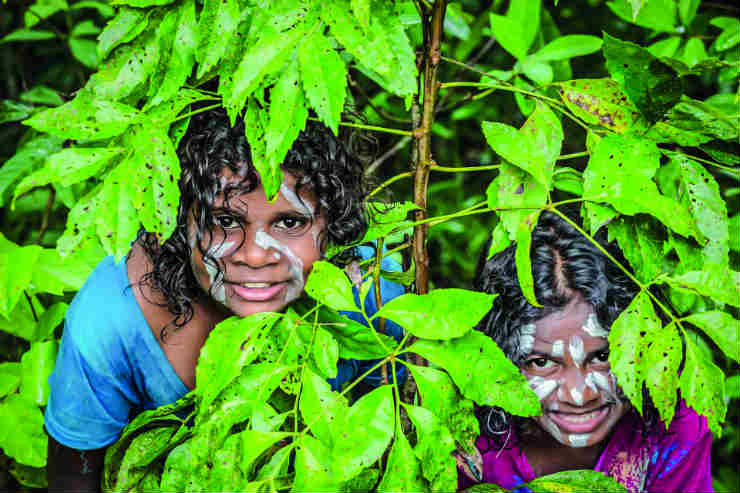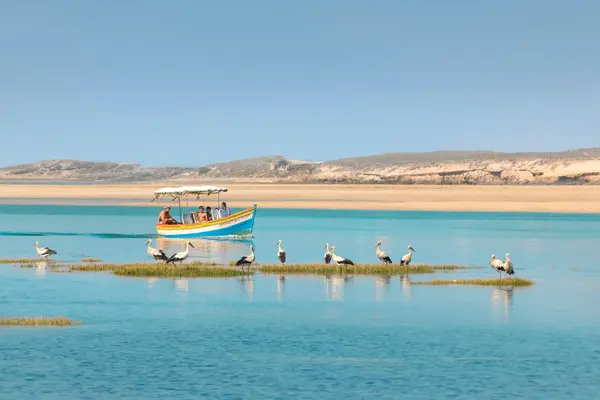A fresh approach to child welfare in travel
Guidelines from G Adventures, Planeterra and ChildSafe aim to raise awareness about child welfare in the tourism industry. Abra Dunsby finds out more.
G Adventures and non-profit partner Planeterra have teamed up with Friends International’s ChildSafe Movement to create guidelines that raise awareness of child protection and welfare in the travel industry.
Jamie Sweeting, vice-president of social enterprise and responsible travel at G Adventures, says: “World-renowned organisations including ECPAT and The Code have done extensive work to help the industry identify and avoid explicitly abusive behaviour that results from tourism, including child sex tourism.”
Sweeting says G Adventures had noticed that in the destinations it operates – in more than 100 countries – tourism was negatively impacting children in situations such as visiting school classrooms or giving money to child beggars. Child abuse and sexual exploitation are also covered by the guidelines.
The aim is for the guidelines to be adopted globally by travel companies, says Sweeting: “We want to define what good practice looks like for everybody.”
The process began 18 months ago, when ChildSafe started drafting the guidelines with G Adventures and Planeterra.
“We provided input from a private sector tour operator perspective, bringing in different departments to be involved, such as operations, product, and marketing and talent (HR), and we brought in child welfare experts including Unicef and Save the Children to validate that what we were suggesting was good practice.”
Acting responsibly
The guidelines cover a range of “well-meaning” yet harmful behaviours that travellers should avoid. One example is visiting children in school classrooms, which Sweeting describes as “very disruptive”.
“We found examples of schools that had tourists visiting five or six times a day, with teachers saying: ‘There isn’t any schooling going on here other than putting on a show for tourists.’”
The guidelines recommend that clients avoid school visits while lessons are taking place. Another concern is begging.
“Children are being used to make money for grown-ups who are abusing them and taking advantage,” says Sweeting. “You should never give anything directly to a child who isn’t in the presence of their guardian or parent, and only with the permission of that guardian or parent.
“It’s better to help by providing institutional support to an organisation that helps improve child welfare, rather than giving money directly to a child.”
Guidelines in practice
A 13-page version of the guidelines can be viewed on G Adventures’ website. Sweeting says: “It’s an absolute must for any travel company to make sure abusive behaviour isn’t happening.
“It starts with developing your own company policy, including a code of conduct, guidance to your employees and identifying an individual who will be the child welfare officer. That’s the highest level of involvement – the place to start for any companies with concerns.”
The guidelines also include details of how to put tours together, run experiences that allow clients to interact with children and how to market products.
For agents who want to help, Sweeting says: “Look at what you’re selling and encourage companies whose product you sell to get involved. We’re also trying to remove the stigma around this issue – people don’t really want to be talking about child sexual exploitation when selling a holiday, but it’s so important, and there are so many additional elements to these guidelines.”
He says agents are key in advising travellers about what they should and shouldn’t do on holiday.
He gives the example of taking photos while on holiday: “Often travellers are approached by children during their trips and pose for photos with them, which are then posted on social media. What they may not realise is that any photo taken with a child, where their location is identifiable, could have potentially negative consequences.”
G Adventures is also developing a consumer-focused campaign, which will be launching later this year, designed to help educate travellers about how they should interact with children during their trips.















